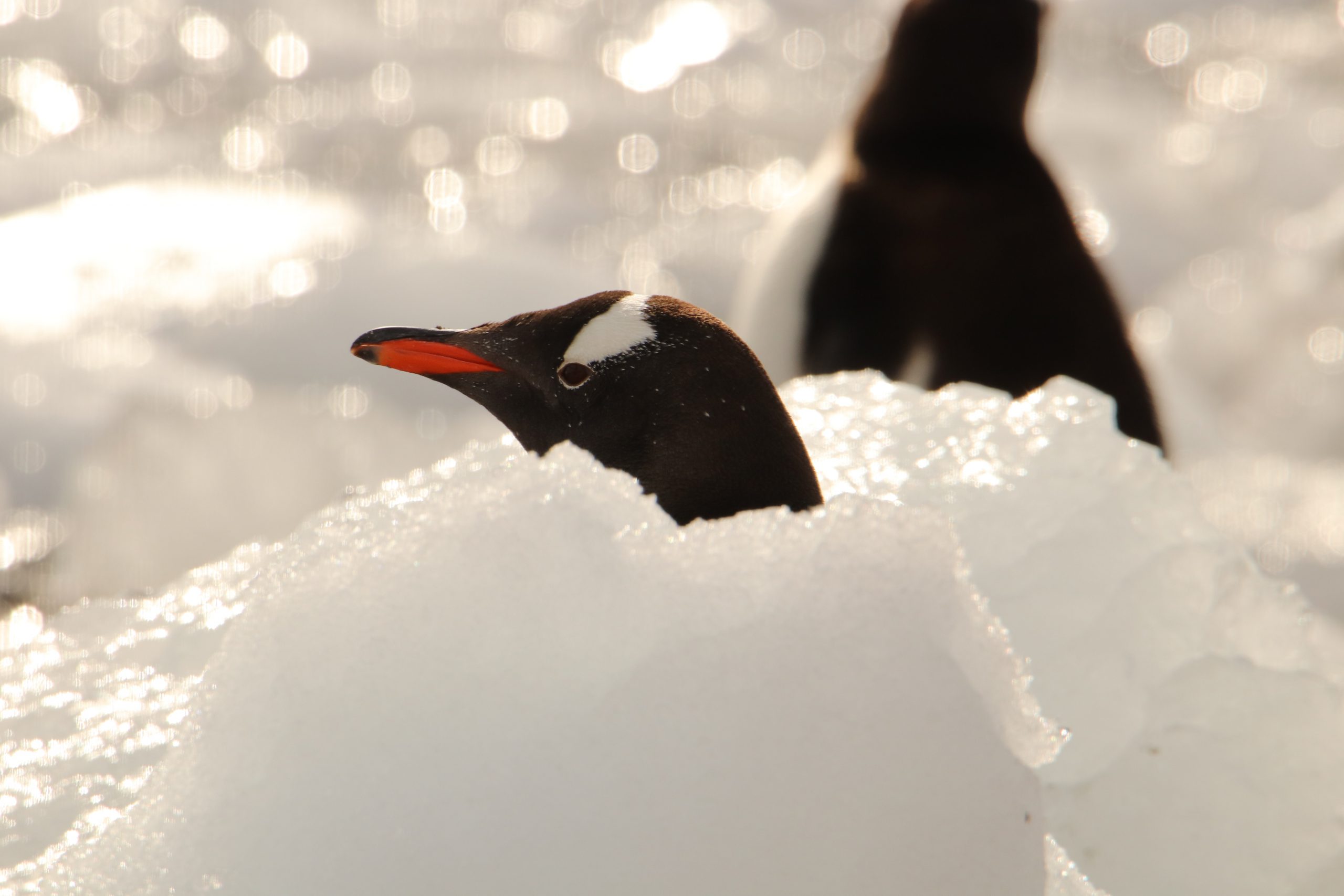KTN is helping the British Antarctic Survey with a search for innovators

The British Antarctic Survey (BAS) is looking to purchase innovative solutions to help meet its net zero carbon target. Two challenging asks have been listed on KTN’s Innovation Exchange.
First, BAS is looking for solutions to help decarbonise the polar vehicles used at its Sky Blu Logistics Facility. And secondly, the organisation is seeking solutions which decarbonise its energy demand for heating, hot water and power at two of its island research stations – Bird Island and Signy.
BAS delivers and enables world-leading research in the Polar regions of the Arctic and the Antarctic to advance our understanding of Earth as a sustainable planet. A component of the Natural Environment Research Council (NERC), which is part of UK Research and Innovation (UKRI), sustainability is a key driver in the modernisation of all BAS facilities: UKRI has a target set for all buildings to be designed and operating at net-zero carbon by 2040.
Decarbonising polar vehicles
Sky-Blu is an area of blue ice 800 miles from the Rothera research station. Used as an ice runway for wheeled aircraft, it gives BAS aircraft the opportunity to refuel before moving on to research stations. Unmanned for 9-10 months a year, the first job at the start of each summer season is to remove the snow drifts from the runway. Skidoo and small vehicles are used as snow ploughs and use more than 16,000 litres of diesel a year. BAS is looking for solutions to decarbonise these vehicles. The solution should be capable of producing and storing energy on site and will need to cope with the weather conditions on site all year round.
Decarbonising the energy supply at Antarctic research stations
BAS operates several platforms to support research including three research stations in Antarctica and two on sub-Antarctic South Georgia. This challenge focuses on two – Bird Island and Signy – both of which currently rely on fossil fuels to meet the demands for power, space heating and hot water. BAS is looking for solutions to decarbonise these energy demands, generating and delivering low carbon energy and having the least impact on an ecologically sensitive environment.
These stations are viewed as ‘life-support’ by BAS so the solution must be reliable, robust and easily maintained by non-energy specialists. Bird Island is accessible only by ship and operates all year round. There is no permanent snow but there is limited solar capacity and conventional wind turbine use is challenging, if not prohibitive, due to being one of the world’s richest wildlife sites. It’s home to 50,000 breeding pairs of penguins and 65,000 pairs of fur seals.
Signy Island is a summer-only station. It’s on the edge of the ‘ozone-hole’ with increased levels of UV light, is extremely windy and has very limited solar capacity. Around half the island is covered by a permanent ice-cap and marine life is plentiful around the island which is a breeding site for seals and birds.
BAS is using KTN’s Innovation Exchange, an online platform that promotes innovation transfer, matching industry challenges to companies, often from other sectors. Innovators with solutions to either or both of these two tricky challenges can see more details and apply here.
Related programme

Innovation Exchange
Innovate UK Innovation Exchange is a cross-sector programme supporting innovation transfer by matching industry challenges to innovative companies from other sectors. It does this by putting large businesses with technical needs in contact with companies who have the right innovative solutions, for faster development of novel solutions.

